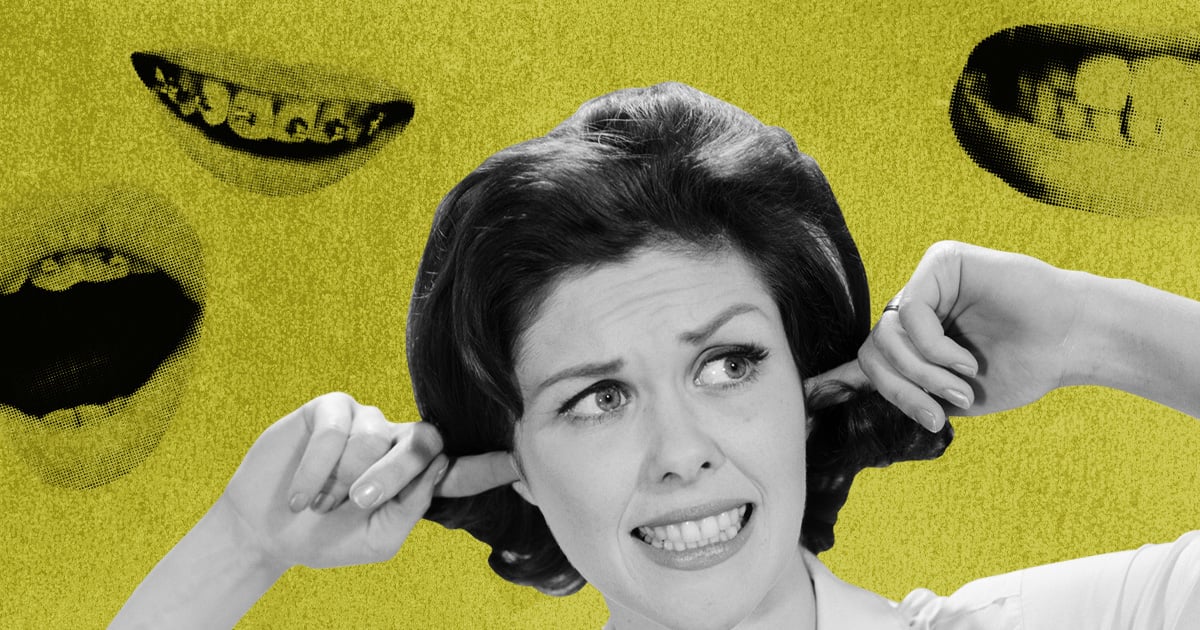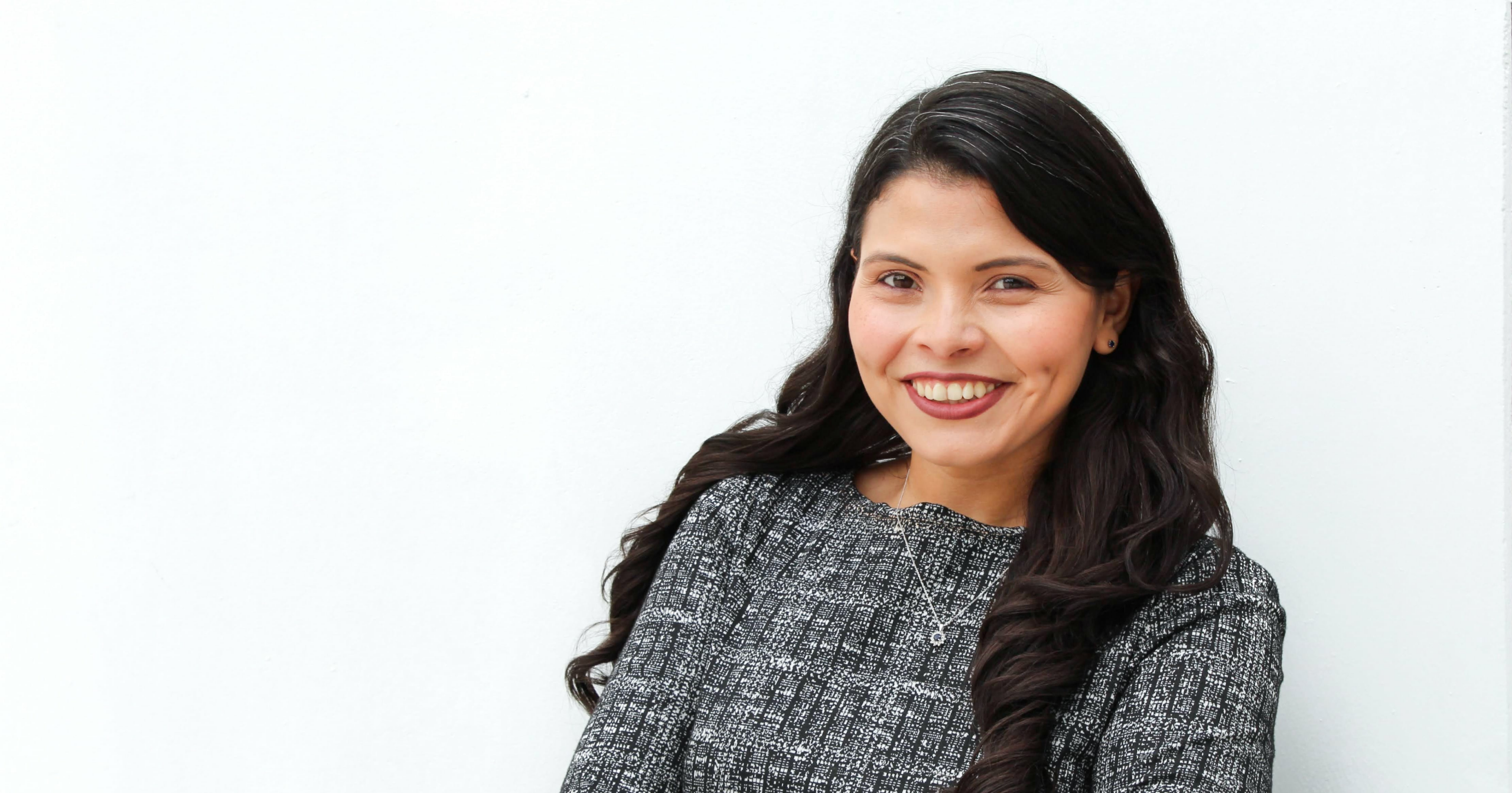Your therapist can be one of the most influential people in your life. They can help you grow and provide support through life’s challenges – from general life drama to debilitating anxiety or depression. Your therapist should be someone that you can trust and be open with. But can you really do that if you know that someone in your inner circle sees the same mental health professional? I know I couldn’t – not even with my twin.
One of the most important parts of therapy is feeling free to share your full authentic self and deepest thoughts and feelings without any fear of judgment, shame, or worry that what you say may leave the room (or Zoom screen). Sharing a therapist with a loved one can put all of that in jeopardy.
It’s natural to want to share resources, especially if someone close to you is asking for your recommendation for a good therapist. But this area may be one that is trickier to navigate. That’s why we tapped experts to weigh in on whether or not it’s a good idea to share the same therapist as someone in your family – and whether there are any exceptions to the rule.
Experts Featured in This Article:
Ashley Pena is a licensed clinician and national executive director for Mission Connection, an outpatient and telehealth mental health provider at AMFM Healthcare.
Jessica January Behr, PsyD, is a licensed psychologist and founder and director of Behr Psychology.
Is It Ok to Share a Therapist With Someone Close To You?
“Now and then, seeing the same therapist as an immediate family member can work, but it’s definitely the exception, not the rule,” says Ashley Pena, licensed clinician and national executive director for Mission Connection, an outpatient and telehealth mental health provider at AMFM Healthcare. “Sharing a therapist with your parent, sibling, or partner means you’re asking that therapist to juggle two separate – and sometimes competing – stories in the same space. Even with the best intentions, that can muddy the therapist’s neutrality and leave each of you wondering, ‘Do they know more about me than I’ve shared?'” says Pena.
Sometimes there are situations where sharing a therapist with a close family member or other person in your life is unavoidable, and in those cases, it can be OK. “The only situations where it is really recommended or acceptable for one therapist to see multiple family members outside of the context of couples or family therapy are in locations where there is a dearth of mental health accessibility, such as in extremely rural environments where there are no other providers available,” says Jessica January Behr, PsyD licensed psychologist and founder and director of Behr Psychology.
Another scenario could be if your therapist specializes in a certain area that your family member or close friend also needs support in, but even in these cases, it can be problematic says Dr. Behr.
Therapists are required to follow certain ethics codes that dictate best practices for working with clients, and those rules include guidelines around this scenario. “The APA Ethics Code (plus most state boards) cautions against what’s called ‘multiple relationships,’ because they can blur boundaries and compromise care,” says Pena. “We’re required to weigh the potential benefits against the risk of divided loyalties. If we do take on both clients, we have to obtain informed consent from each person, spell out how information will (and will not) be shared, and keep rock‑solid notes showing we’re treating each client’s goals independently,” she says. So while sharing a therapist with someone close to you is not impossible, it’s not recommended by most professionals. But, if for whatever reason you find yourself sharing a therapist with someone you know, what should you do?
What To Expect If You Share a Therapist With Someone Close To You
First, you should always disclose that information to your therapist to avoid putting them in a weird position professionally.
“While it is wholly unethical to offer individual therapy to two members of a couple, it gets a little more grey when thinking about distant relatives or friends,” says Dr. Behr. “That being said, any relationship in which there is an overlap in environment or relationships can create problems for confidentiality and objectivity,” she says. If you do fall into one of these more rare cases, you can expect some extra paperwork and discussions to ensure everything runs smoothly.
“In these cases, informed consent should be obtained by both individuals. The limitations of confidentiality, discussion of professional boundaries, [and] potential harms of such arrangements should be discussed at length,” says Dr. Behr.
The TLDR: seeing the same therapist as an immediate family member, close friend, partner, or anyone in your inner circle can create problems for your therapist and prevent you from having the best experience possible. So, try to find a therapist who doesn’t know you (or anyone in your inner circle) if it’s in your control.
“Therapy works best when you feel completely free to be messy, contradictory, even a little selfish,” says Pena. “You and your loved ones can still compare notes outside [the therapy] session – just do it over coffee rather than across the same therapy chair. And remember: a good therapist won’t take it personally if you ask for a referral; they’ll applaud you for protecting the work,” says Pena.
Mercey Livingston is a writer and editor with 8+ years of experience covering fitness, health, and nutrition for media outlets and brands including Well+Good, Shape, and Women’s Health. She was previously the Fitness Editor at Peloton, and held editorial roles at Equinox, Shape.com, and Well+Good. Mercey is a NASM-CPT and a NASM-certified Women’s Fitness Specialist. She is also a certified Holistic Health Coach through the Institute for Integrative Nutrition with an additional certification in Hormone Health. She has a BA in Journalism from The University of Southern Mississippi.




